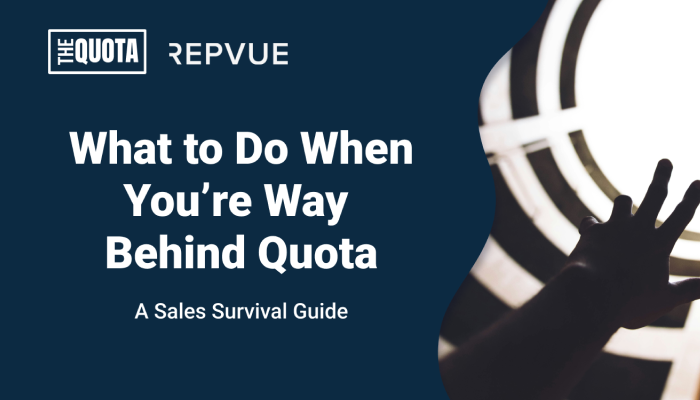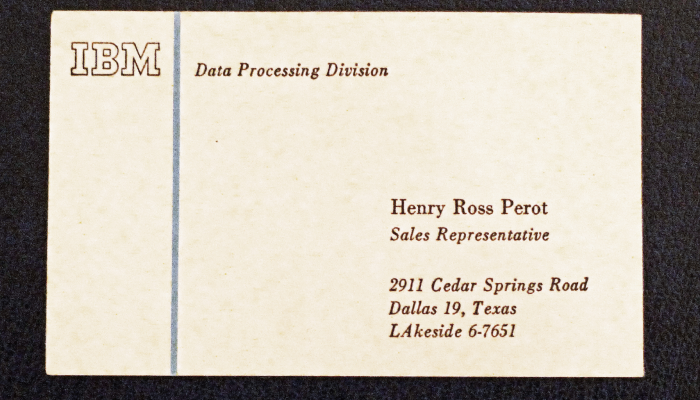
Image: Leonard Zhukovsky/shutterstock.com
Daymond John’s rise from the streets of Queens, New York, to the heights of entrepreneurial success with his brand FUBU is a masterclass in salesmanship. His journey shows that deeply understanding your market, leveraging cultural movements, and tenaciously pursuing a vision can have huge payoffs. For salespeople, John’s story offers lessons on how grit can take you where you want to go — in John’s case, a multi-million dollar business empire.
Early Beginnings: Identifying a Market Gap
Daymond John was born in 1969 and grew up in the Hollis neighborhood of Queens. As a child, he sold pencils in elementary school, giving him an understanding of supply and demand at an early age. This experience laid the foundation for his future success, teaching him the basics of identifying and fulfilling a market need.
Hip-hop culture was thriving around him, influencing his perspective and sparking his entrepreneurial spirit. Recognizing a gap in the market for clothing that authentically represented the hip-hop community, John, along with his friends J. Alexander Martin, Keith Perrin, and Carl Brown, started FUBU (For Us, By Us) in 1992.
John noticed that popular ski hats were being sold for $20, so he decided to make his own. He sewed together 90 ski hats at his home and sold them on the streets of Queens for $10 each. He then moved on to screen printing t-shirts with the FUBU logo, which were sold to retailers on consignment. All the while, John worked as a waiter at Red Lobster to help fund his nascent business.
Guerrilla Marketing and Hip-Hop Co-signs
One of John's most famous sales tactics during this period was his guerilla marketing approach. Unable to afford traditional advertising, John and his team would loan FUBU clothes to rappers and artists to wear in music videos. This strategy not only saved money but also associated the brand with popular culture, making it infinitely more desirable to their target audience. He understood that selling wasn't just about the product, but about creating a connection with the customer and tapping into their desires and identity.
A pivotal moment came when John convinced LL Cool J, a renowned rapper and neighborhood friend from Queens, to wear a FUBU hat in a GAP commercial. This inadvertent endorsement gave FUBU national exposure and credibility, catapulting the brand into the mainstream. John’s ability to recognize and capitalize on such opportunities highlights a critical sales lesson: the power of customer endorsements. By associating FUBU with influential figures, John significantly amplified the brand’s reach and appeal.
Expanding the Brand: From Local to Global
As FUBU gained popularity, John realized the need to scale his operations and distribution. He participated in major trade shows, where he showcased FUBU’s products to retail buyers. Despite numerous rejections, he continued to pitch FUBU tirelessly. His resilience paid off when he secured a substantial order from Macy’s, marking a significant milestone for FUBU.
Strategic Partnerships and Scaling Production
With increasing demand, John faced the challenge of scaling production. He secured a $100,000 mortgage on his mother’s house to fund FUBU’s expansion, but has since said that he doesn’t recommend doing this as an entrepreneur, as it’s too risky.
As FUBU grew, John's role evolved from street vendor to brand ambassador and dealmaker. He leveraged his charisma and street smarts to secure crucial partnerships and distribution deals. His ability to communicate FUBU's vision and value proposition to potential partners was key to the brand's expansion.
John's sales philosophy centered on authenticity and understanding his customer. He knew that FUBU wasn't just selling clothes, it was selling a lifestyle and a sense of belonging. This deep understanding of his product's emotional appeal allowed him to connect with customers on a level that went beyond mere transactions. FUBU would go on to earn over $6 billion in global sales. Today some of its pieces are on display in the Smithsonian museum.
The success of FUBU catapulted John into the spotlight, leading to his role as an investor on the hit TV show "Shark Tank." Now, instead of selling products, he was selling himself.
On "Shark Tank," John demonstrates the importance of active listening in sales. He asks probing questions, seeking to understand not just the product, but the person behind it. This approach allows him to make informed decisions and often helps entrepreneurs refine their own sales pitches.







